Becoming an established, top-flight, coach is tough anywhere in the world, but especially so in Saudi Arabia. The country’s Pro League has very high standards, with a slew of ambitious teams tending to employ elite foreign coaches, obliging their local counterparts to raise their game in order to match them.
Saudi native Saad Al-Shehri is one example of someone determined to do just that. Despite the significant challenges of gaining experience, realising his ambitions and keeping his sides competitive, the coach has made a lot of astute choices and has had consistent success along the way.
His first notable achievement came as coach of Al-Nassr’s U-19s, who he led to victory in the Saudi Pro Youth League in 2015. He then steered the Saudi U-20 team to the Asian Cup final in 2016 and the round of 16 at the FIFA U-20 World Cup 2017™, where they lost to then South American champions Uruguay 1-0.
One example of his sound judgment was when he turned down the offer to succeed Fabio Cannavaro as Al-Nassr head coach, believing the timing not to be right. Following his successes at youth national team level, the former midfielder agreed to fill the coaching vacancy at Al-Ettifaq for the second half of the 2017-2018 season. He again proved his worth by guiding them to fourth, with the club having been in 13th place and in danger of relegation when he took over.
His decision to take up the reins of the Saudi U-23 team in 2018 would also prove to be a sound one. Al-Shehri continued his run of success by steering the side to qualification for Tokyo 2020, which saw the Green Falcons compete at the Games for the first time since 1996.
Two years later, the team won the AFC U-23 Asian Cup for the first time; that triumph saw Al-Shehri nominated for the AFC Coach of the Year award in 2022 where he would finish third behind Japan’s Hajime Moriyasu.
FIFA caught up with the 44-year-old to discuss his coaching journey and ambitions for the Saudi U-23s ahead of Olympic qualification.
Does the team’s status as reigning U-23 Asian champions add pressure to qualify for Paris, and how do you rate your chances in the upcoming Asian Cup?
Saad Al-Shehri: Tournament pressure is natural, and it helps us focus on meeting our objectives. So, I see pressure as a positive motivator for us to attain our goals.
All the groups will be very competitive and contain improving teams. We’re preparing for all our opponents and hope each match will bring us one step closer to the Olympics.
Do you already have ambitions for Paris, or will you wait until after qualifying to discuss them?
We’re taking it step by step and will be aiming for further improvement if we qualify.
Looking back, how do you assess the tough matches you played against Brazil, Germany, and Cote d’Ivoire at Tokyo 2020?
That was a rewarding experience. Technically we played well but the results didn’t match our performance. Going forward we’re trying to learn from the mistakes of Tokyo and hope to perform better in Paris if we qualify.
What was the key to your side’s exceptional performance at the U-23 Asian Cup in 2022, when they scored 13 times in six matches without conceding?
The will of God, the players’ dedication and focused teamwork were the drivers for our success. All our technical, coaching and media work was directed towards one goal: that of achieving silverware.
You’ve led the national team to a U-20 Asian Cup final, reached the knockout phase of a U-20 World Cup and appeared in two U-23 Asian Cup finals, winning one. Can you share the secret to all that success and tell us a bit about your philosophy on the game.
We achieved our goals thanks to God’s blessings and to our ability to benefit from circumstances. Every coach has a unique philosophy, but dedication to hard work and giving people what they deserve are crucial factors for success. As well as that, I would say a belief in teamwork and harnessing individual potential for the collective good are important.
Which schools of football inspire you most?
I draw inspiration from various teams and different types of football, choosing the best for my players. Staying updated with the game’s evolving landscape is crucial for success.
How do you think the top foreign players in the Saudi league impact local players? Do you think it helps their development in the long and short term or does it reduce their chances of playing for Saudi clubs?
There are positives as well as challenges with this; time will tell which prevails. But our projects in the Kingdom are not only about sport, so we trust in their success under the vision of His Highness Crown Prince Mohammed bin Salman. We trust his vision and will strive to implement it.
After your significant achievements with the youth national teams, do you aspire to lead the senior Saudi team at the FIFA World Cup 2034?
I aspire to lead national or club teams and will strive to achieve those goals.
You said in a previous interview that you don’t follow social media, something that other top coaches like Jurgen Klopp and Pep Guardiola, share with you. What personally motivates you to say this, and do you advise your players to stay away from social media for their own benefit?
That’s correct. I don’t have time for social media, especially since its professional or even personal benefits are very limited.
- نویسنده : محمدمهدی اسماعیلی رها

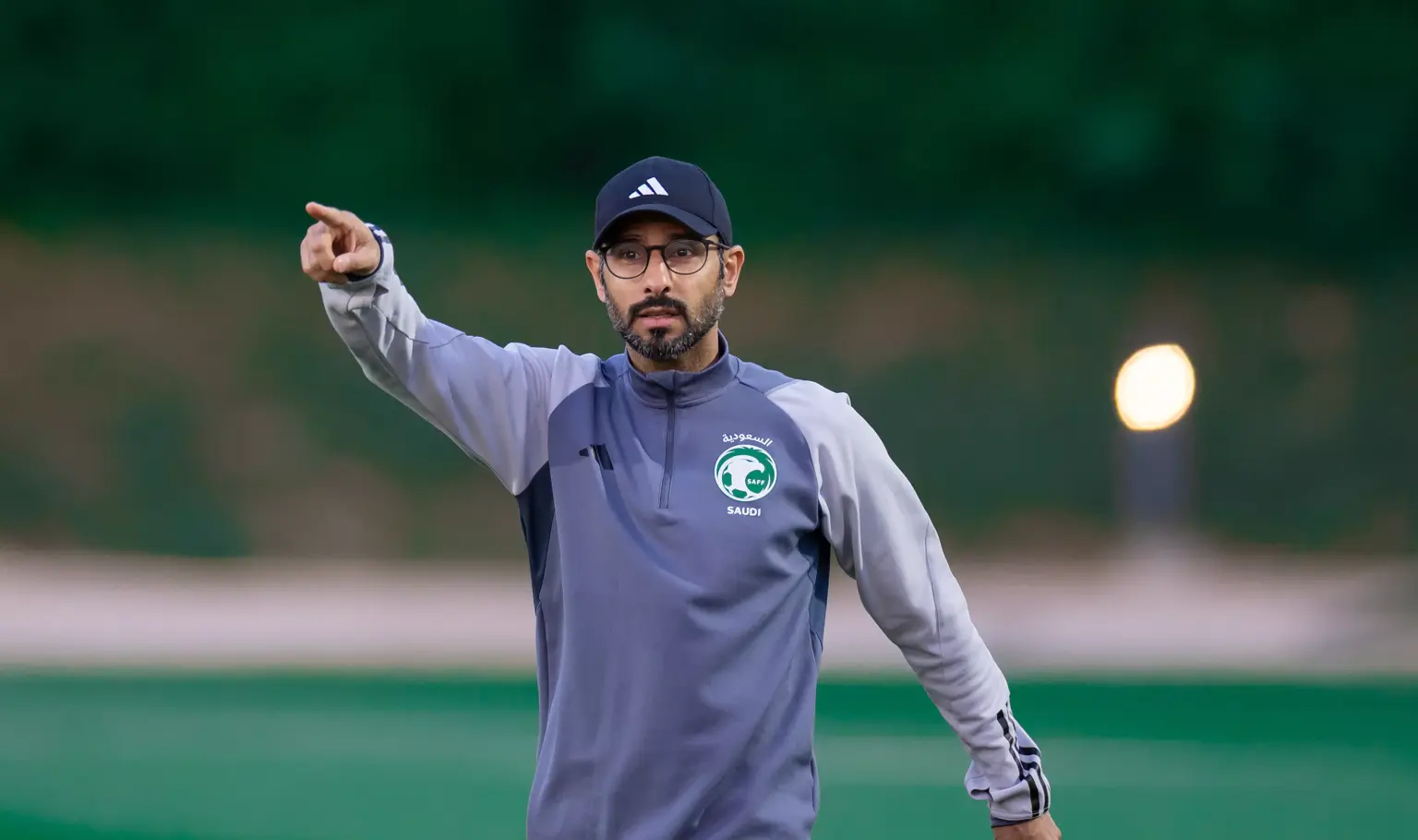

















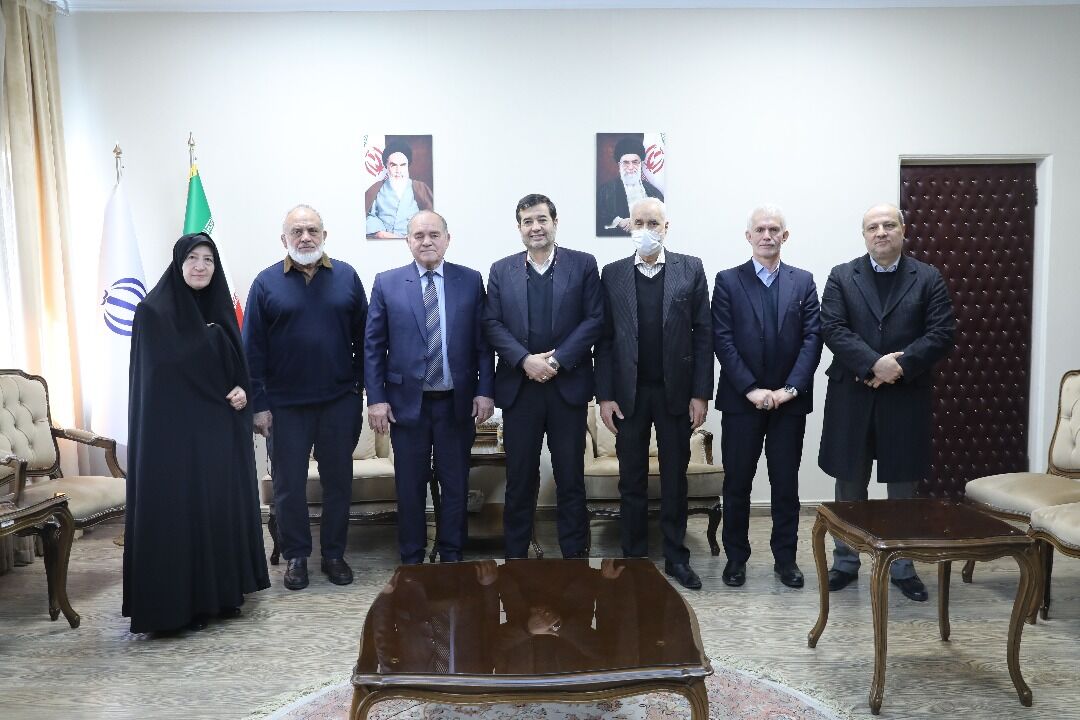
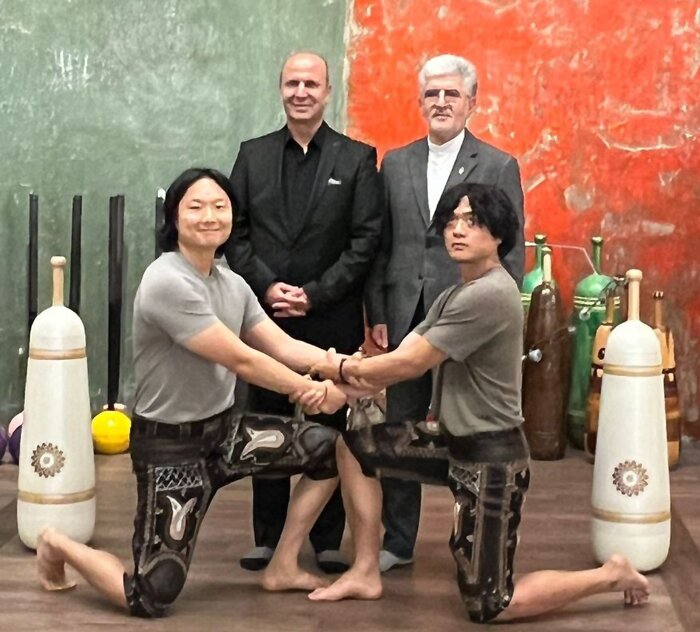
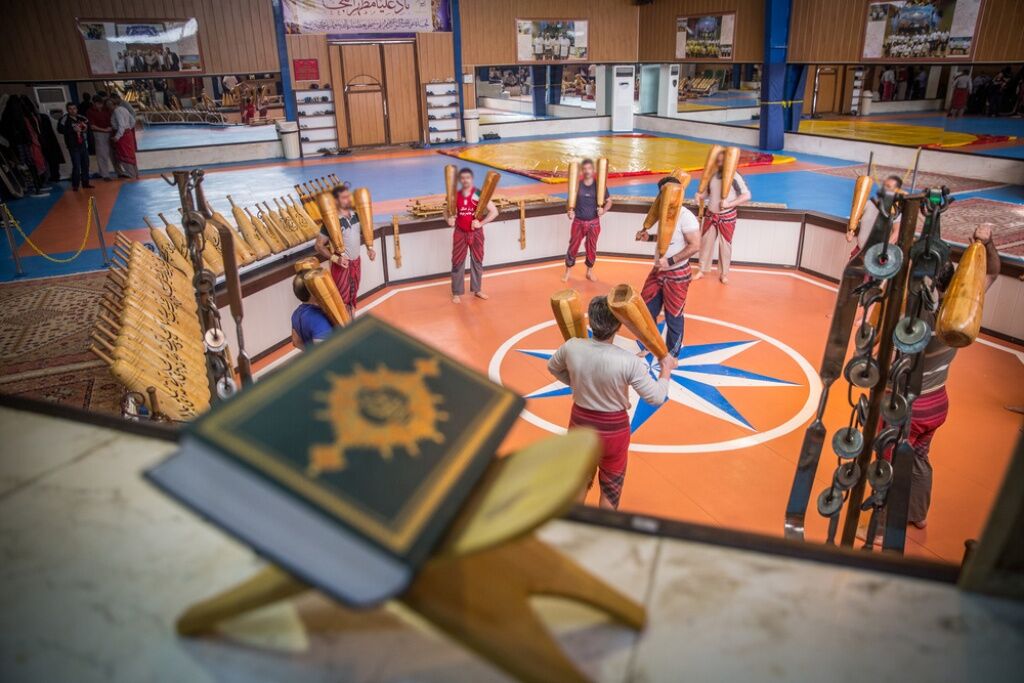
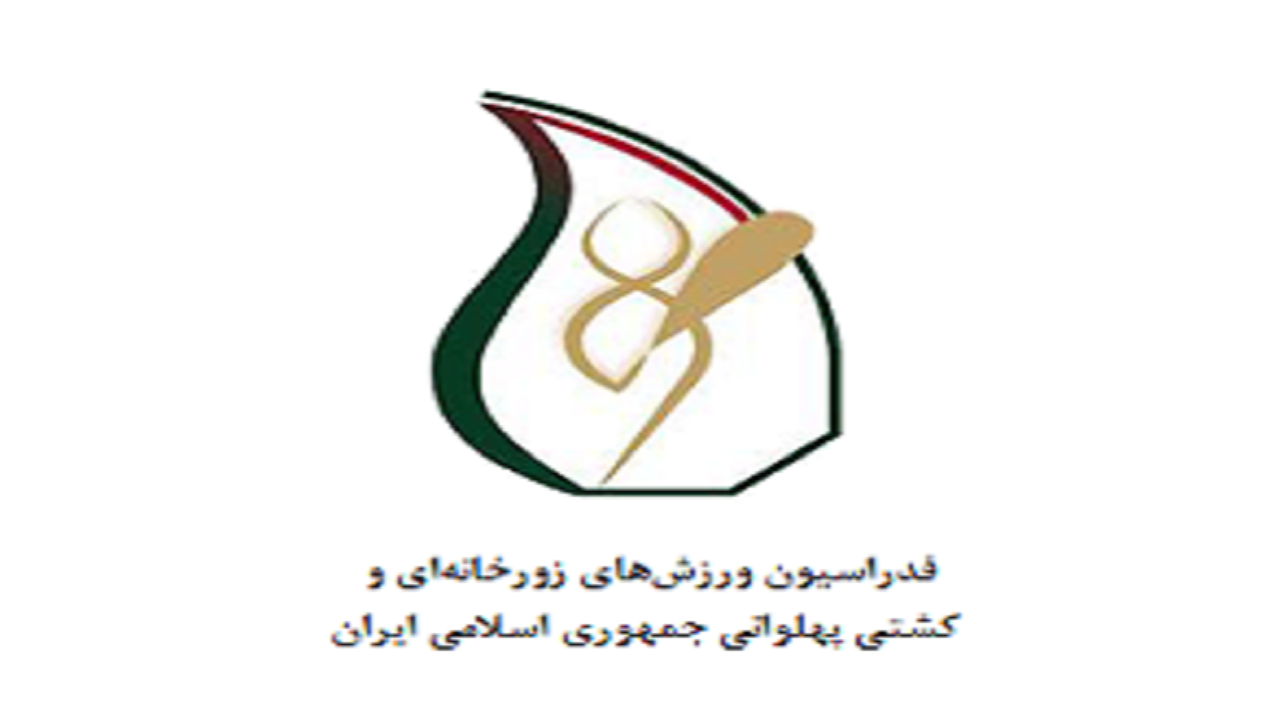







Saturday, 26 July , 2025